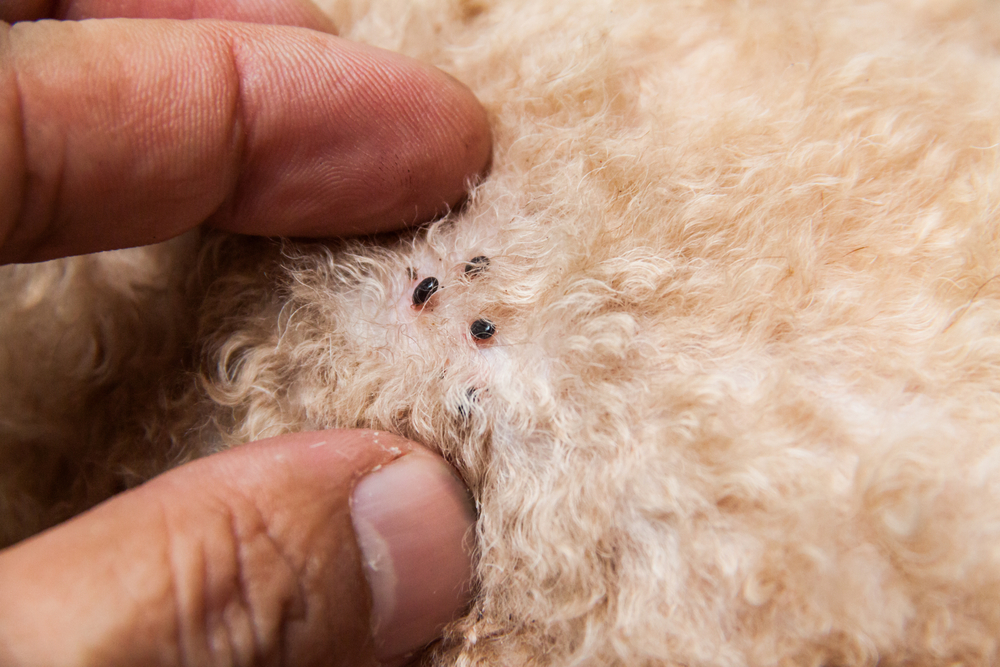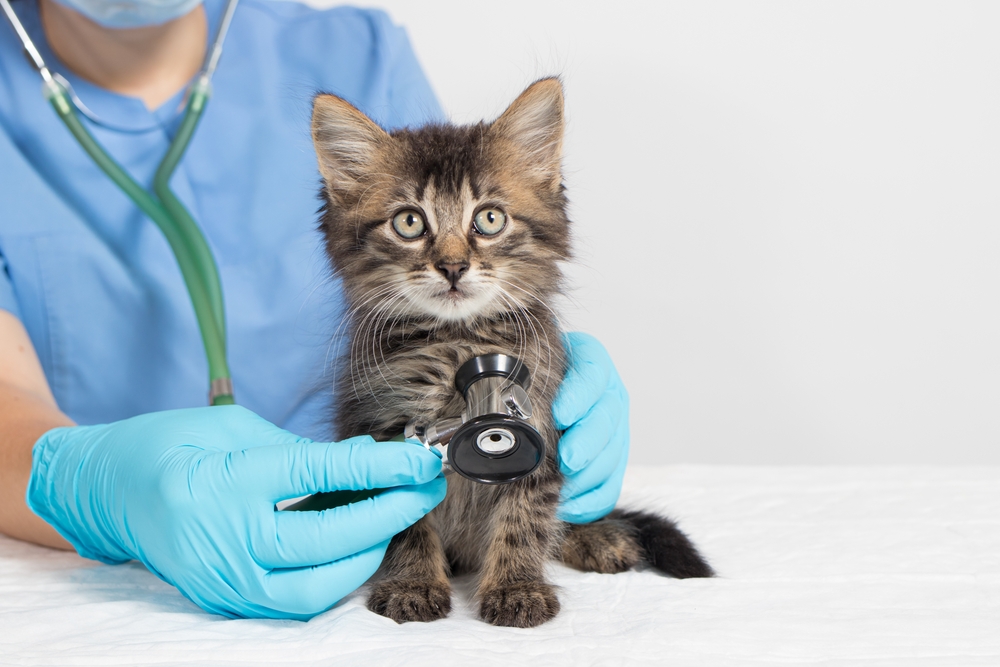
Pesty Predicaments: Safeguarding Your Furry Friends from Common Parasites
As devoted pet owners, we revel in the joy and companionship our furry companions provide. Yet amidst the cuddles and playtime, it’s vital not to overlook a crucial aspect of pet care: safeguarding them from the stealthy threat of parasites. These tiny intruders can wreak havoc on your pet’s well-being if left unchecked. So, join us on an exploration of the common parasites that may threaten the health of your beloved dog or cat.
Unwelcome Guests: A Closer Look at Common Pet Parasites
1. Fleas: These minuscule insects are notorious for causing itching, irritation, and even allergic reactions in pets. Fleas are not only a nuisance but can also transmit diseases such as tapeworms or bacterial infections.
2. Ticks: Found in grassy and wooded areas, ticks latch onto your pet’s skin, feeding on their blood. Besides causing discomfort and skin irritation, ticks can transmit serious illnesses like Lyme disease and Rocky Mountain Spotted Fever.
3. Heartworms: Transmitted through mosquito bites, heartworms are potentially fatal parasites that infest the lungs and blood vessels of infected animals which can lead to heart failure. Prevention is key as treatment for heartworms can be expensive and risky.
4. Roundworms: These intestinal parasites are common in both dogs and cats, especially in puppies and kittens. Roundworms can cause digestive issues, poor growth, and in severe cases, blockages in the intestines.
5. Tapeworms: Fleas serve as intermediate hosts for tapeworms. When pets ingest infected fleas during grooming, they become infested with tapeworms. These parasites can cause weight loss, abdominal discomfort, and irritation around the anus.
6. Hookworms: Found in contaminated soil, hookworm larvae can burrow into your pet’s skin or be ingested. Once inside, they attach to the intestinal lining and feed on blood, which can lead to anemia, weight loss, diarrhea and other serious health problems.
7. Ear Mites: These tiny parasites thrive in the ear canal of dogs and cats, causing intense itching, inflammation, and discomfort. If left untreated, ear mites can lead to secondary infections and hearing loss.


Guarding Their Well-Being: Essential Steps for Pet Parasite Prevention
Ensuring your pets are protected from parasite infestations is crucial for their overall health and happiness. Consistent veterinary check-ups combined with routine flea and tick preventatives, heartworm prevention, and deworming are key to keeping your furry friends safe from these troublesome invaders. By staying proactive in parasite prevention, you can provide your pets with a healthier and more fulfilling life, free from the discomfort and risks posed by parasites.
Your Partners in Pet Health: Tailored Parasite Prevention at Sleepy Hollow Animal Hospital
At Sleepy Hollow Animal Hospital, we understand the importance of protecting your pets from parasites. Our experienced veterinarians offer comprehensive parasite prevention programs tailored to your pet’s specific needs. From topical treatments to oral medications, we have a range of options to suit every pet and lifestyle.
Don’t wait until it’s too late. Schedule an appointment with us today to discuss parasite prevention for your beloved furry friends. Together, we can keep them healthy, happy, and parasite-free for years to come!











